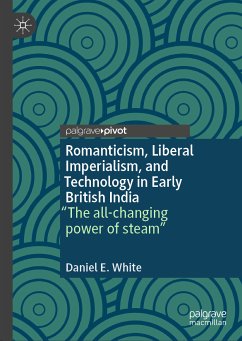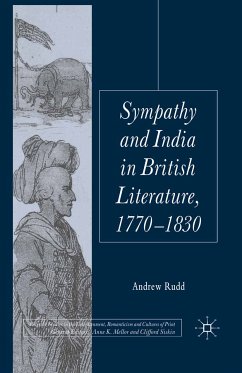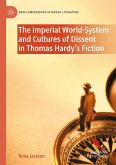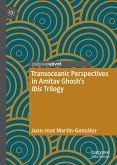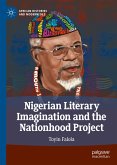- Kate Teltscher, University of Roehampton, UK
"White's brilliant book explores futurist fictions published in the Bengal Annual and Romantic poetry side by side to dissolve the borders between metropolitan and colonial cultural production. His enviable range of references energises a discussion that encompasses activities, friendships, and writings that are fun to read about even today."
-Rosinka Chaudhuri, Centre for Studies in Social Sciences, Calcutta, India
"In this well-written, well-researched, and fascinating account, White offers steam as a way to rethink parallel literary and scientific histories that have had significant consequences for colonialism and liberal thought. With characteristically revealing detail, White gives readers a new vision of empire as a place for techno-futurism and its cautious appraisal, contributing important lessons for our own age of buoyant invention. An unusual book, in the best way."
-James Mulholland, North Carolina State University, USA
Considering metropolitan and colonial cultural production as a "unitary field of analysis," this book shows how tensions in the 1830s between utilitarian and Romantic perspectives on steam power marked meaningful divisions within the pervasive liberal imperialism of the period and generated divergent speculative fantasies, set in the twentieth and twenty-first centuries, about the future of Indian nationalism. Poetry and fiction in Britain and Bengal engage with a Romantic strain of thought and sentiment according to which steam technology represents an anti-utilitarian humanization of nature. Within and against that frame and in uneven and different ways, writers in British India map a constellation of liberal values onto their hopes and fears concerning a future powered by steam.
Daniel E. White is Professor of English at the University of Toronto and author of Early Romanticism and Religious Dissent (2006) and From Little London to Little Bengal: Religion, Print, and Modernity in Early British India, 1793-1835 (2013).
Dieser Download kann aus rechtlichen Gründen nur mit Rechnungsadresse in A, B, BG, CY, CZ, D, DK, EW, E, FIN, F, GR, HR, H, IRL, I, LT, L, LR, M, NL, PL, P, R, S, SLO, SK ausgeliefert werden.

